Affiliate links on Android Authority may earn us a commission. Learn more.
The Matter smart home protocol: What is it, and why is it a big deal?
Published onFebruary 28, 2024
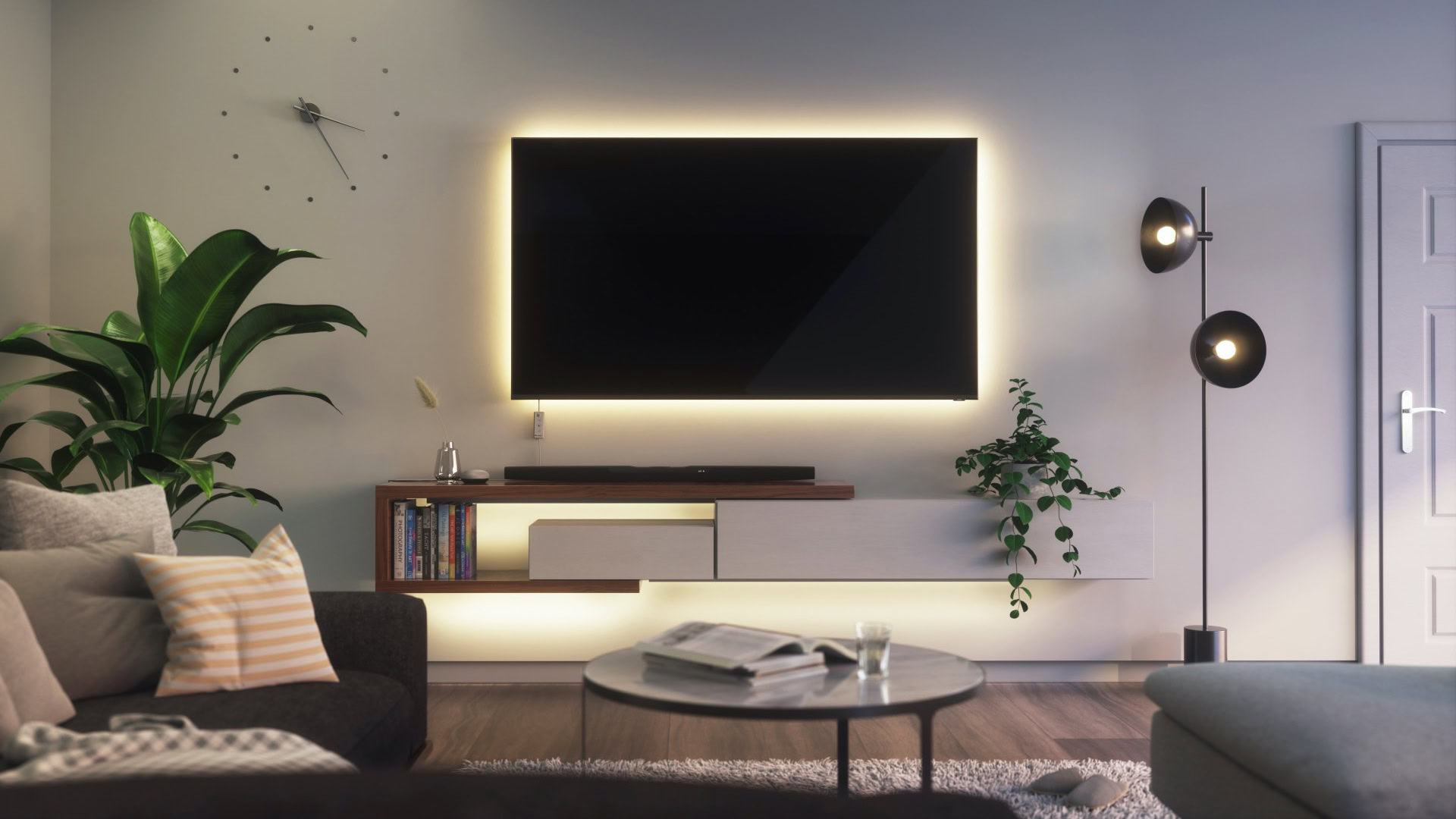
If you’re following the smart home scene, you may be seeing Matter’s name crop up in relation to big brands like Amazon, Apple, and Google, as well as smaller ones like Eve, Govee, and Nanoleaf. Matter may even sound like a feature you need if you’re hoping to futureproof your purchases. But what is Matter exactly, and why does it matter in a smart home?
What is Matter?
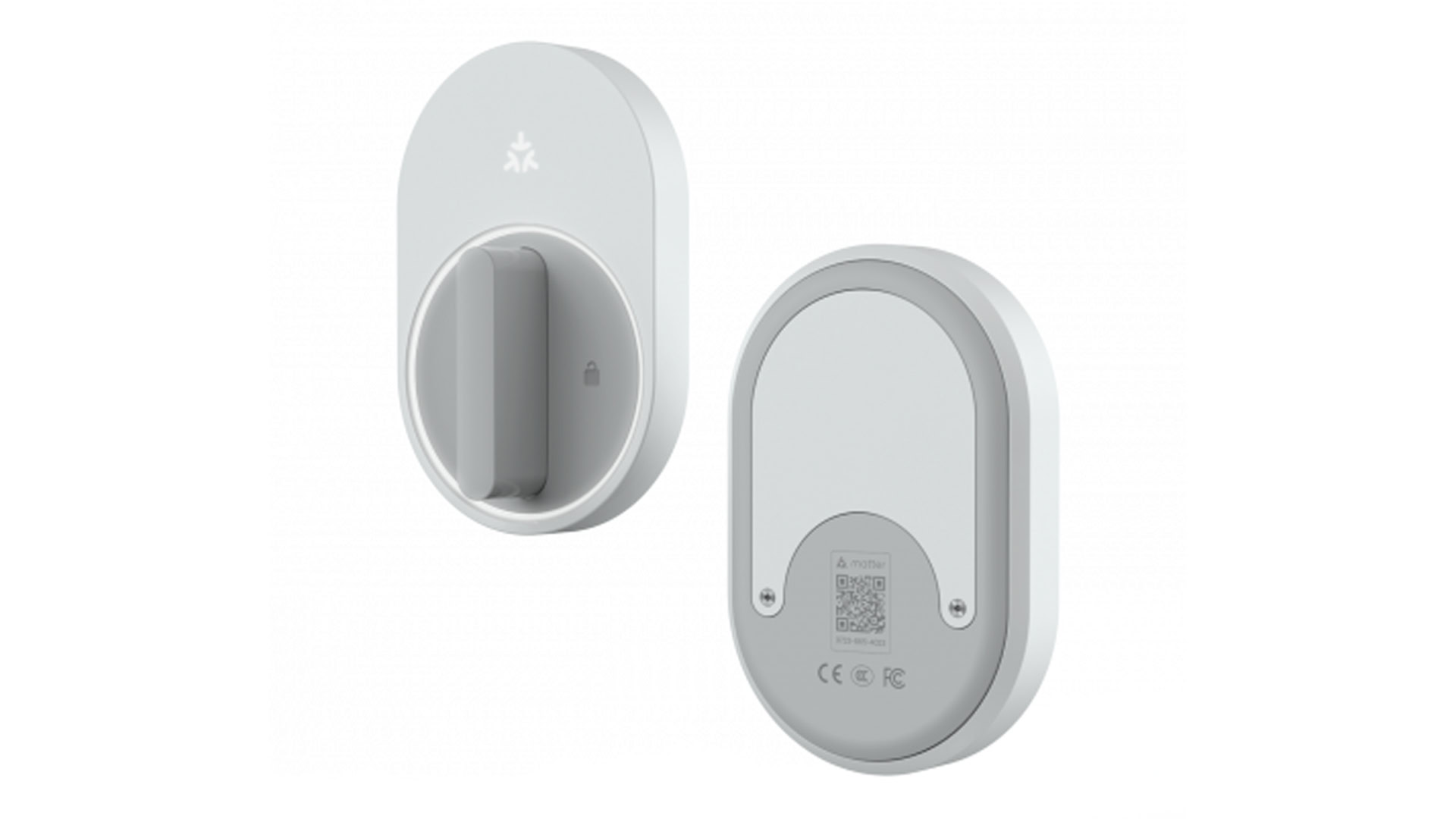
Launched in October 2022, Matter is a network protocol that lets accessories work across all major smart home platforms. The idea is that you don’t have to check if products like smart bulbs are compatible with Amazon Alexa, Google Home, Samsung SmartThings, or Apple HomeKit — if the Matter label’s there, you’re good to go. Note that all platforms need some sort of Matter controller, such as a hub or smart speaker.
Matter devices further offer mesh networking in which connecting to the cloud is optional, rather than mandatory. While Matter is an IP-based technology, essential smart home functions (say, turning lights on and off) can work regardless of whether accessories can reach the internet, or even whether you have a dedicated hub. You do need the internet and a Matter-ready hub to control a home remotely, but if you’re physically present, you should be able to control and update Matter accessories with as little as your phone.
Matter is a networking protocol that lets smart home accessories work across all major smart home platforms.
Mesh functions are possible because Matter operates as an application layer on top of technologies like Ethernet, Wi-Fi, and Thread. Of these, Thread is the most important. It’s a Zigbee-based wireless protocol that smart home devices must specifically support, but it’s less power-hungry than Wi-Fi, and many Thread products can operate as their own “border routers” to which other Thread accessories connect without a dedicated hub or burdening your Wi-Fi network. It responds instantly, and thanks to its low power consumption, it can be used in just about any form factor.
Some products have included Thread without Matter, such as Eero Wi-Fi routers. Don’t make any assumptions about Matter software upgrades coming to your devices — look for announcements from manufacturers. Some companies have had to release new hardware to add compatibility.
There are some other limitations worth mentioning. The Matter 1.0 spec doesn’t support a number of product categories, such as robot vacuums or security cameras, although those are in long-term plans. Thread meanwhile is a low-bandwidth technology, so it’s incapable of streaming audio or video. It’s best suited to products like lights, plugs, sensors, and switches.
Why is Matter a big deal?
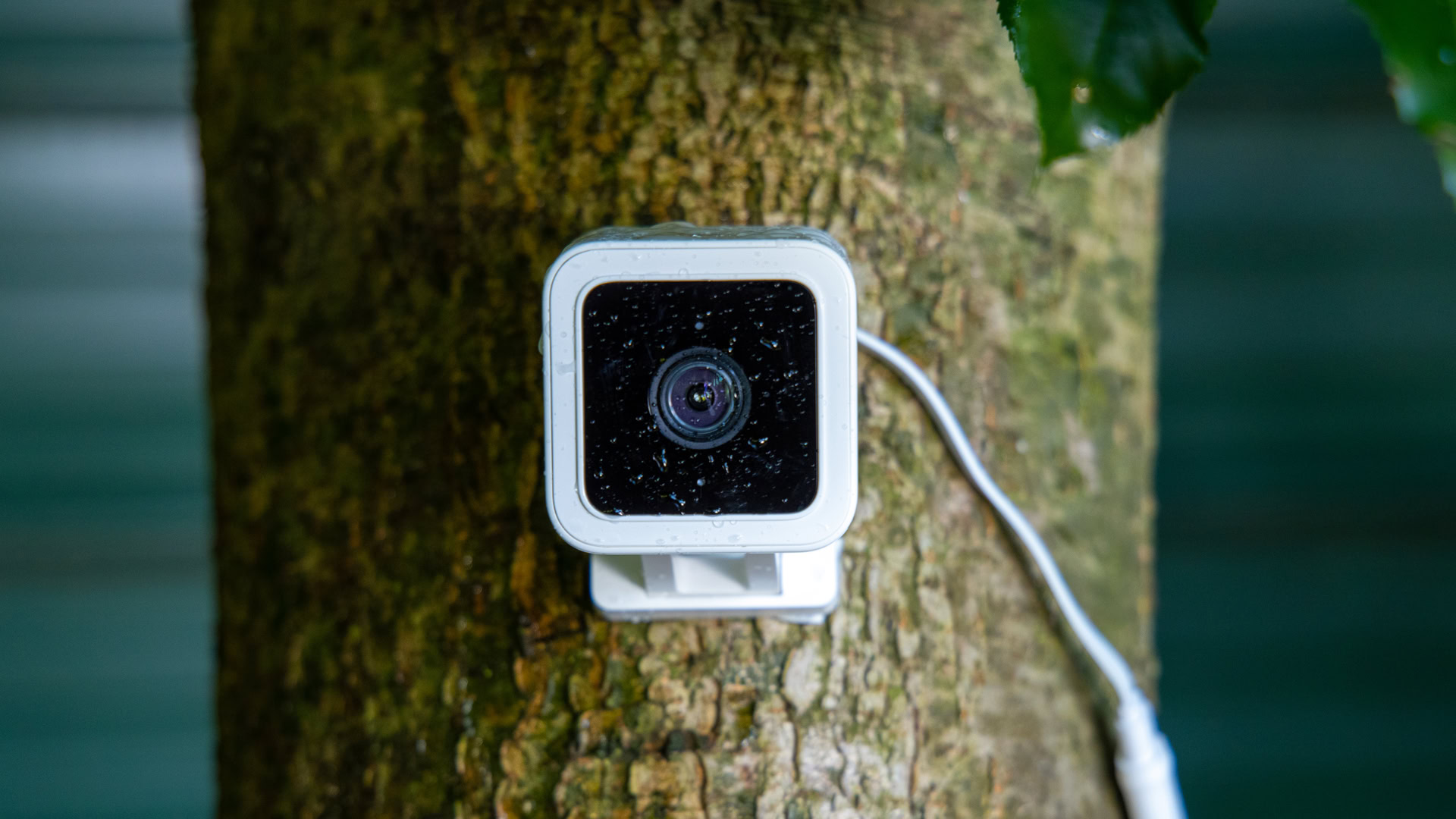
To date, the smart home space has been fractured and confusing. Many accessories that support Alexa also support Google Home, but that’s not always the case, and HomeKit has fewer compatible options than either — never mind SmartThings. It may not be clear why you should choose one platform over another, and once you’ve made a decision, you’ve so far been limited to a slice of the accessory market rather than whatever has the design or specs you’re after.
Once it becomes widely adopted and easy to use, Matter should be a win-win for both the public and the smart home industry. The public will get a broader range of options, not to mention more reliable connectivity. Device makers should be able to expand their audience and spend less time working on support, while platform holders will have to worry less about drumming up partners.
Once it becomes widely adopted, Matter should be a win-win for both the public and the smart home industry.
The importance of reliable connections shouldn’t be undersold. Smart home accessories are often scattered across multiple rooms or outside, and they can periodically drop off your network if they don’t have a solid signal. That’s less likely with a mesh network. Dropouts can also can be caused by oversaturating a Wi-Fi router, so while overload is less likely with Wi-Fi 6, accessories using Matter over Thread can remove that threat entirely.
Which manufacturers are supporting Matter?
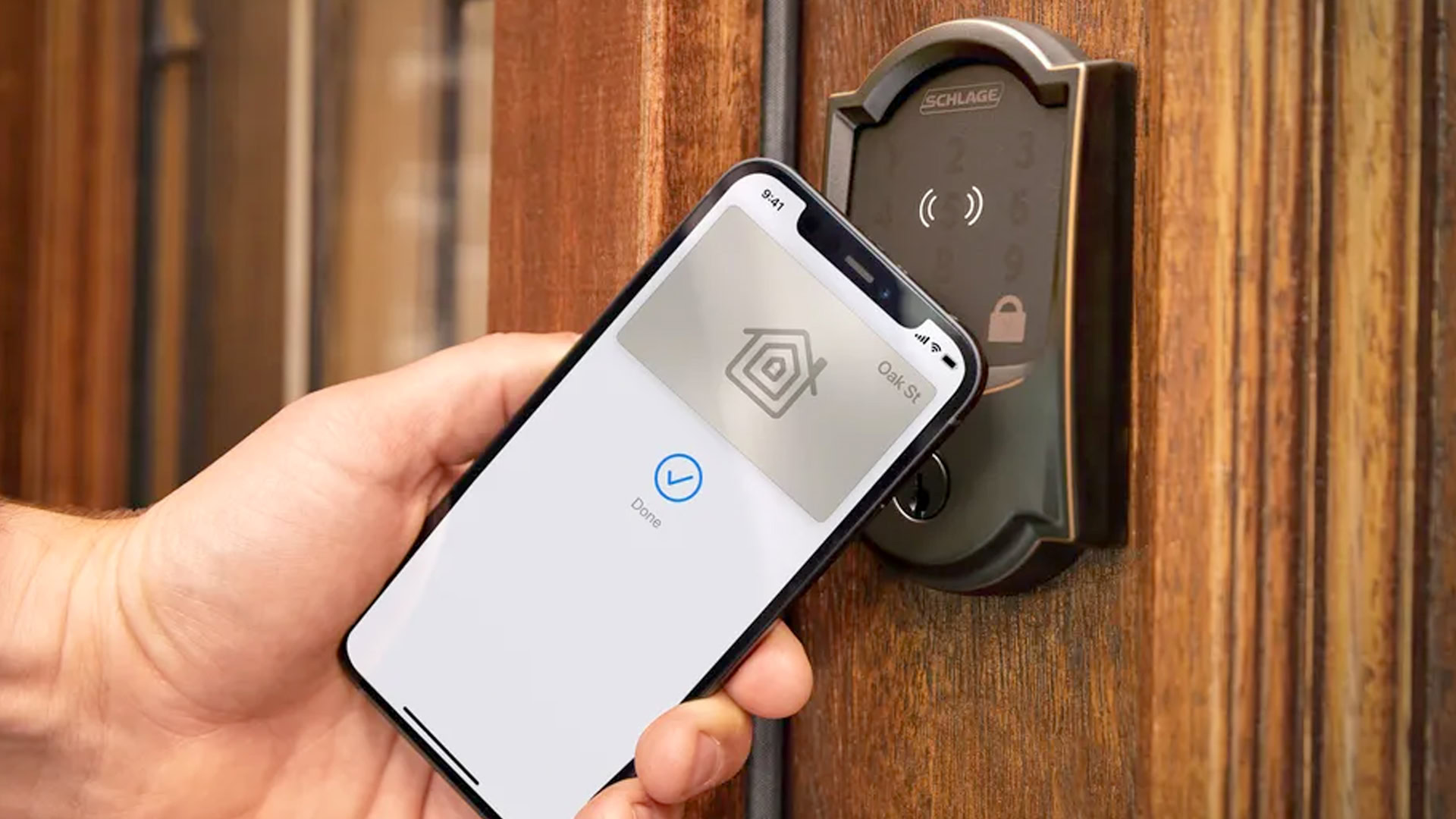
Matter’s organizing body is the Connectivity Standards Alliance, formerly the Zigbee Alliance. The CSA’s core members are a who’s-who of the smart home world, foremost being Amazon, Apple, Google, and Samsung. Some other participating brands include:
- ADT
- Assa Abloy/Yale
- Belkin
- Bosch
- D-Link
- Ecobee
- Eve
- Haier
- Honor
- Huawei
- Ikea
- iRobot
- Kwikset
- Leviton
- LG
- LIFX
- Logitech
- Lutron
- Nanoleaf
- Netatmo
- Oppo
- Panasonic
- Schlage
- Sengled
- Signify (Philips Hue)
- Somfy
- Tesla
- Velux
- Vivint
- Wyze Labs
- Xiaomi
When are Matter products coming out?
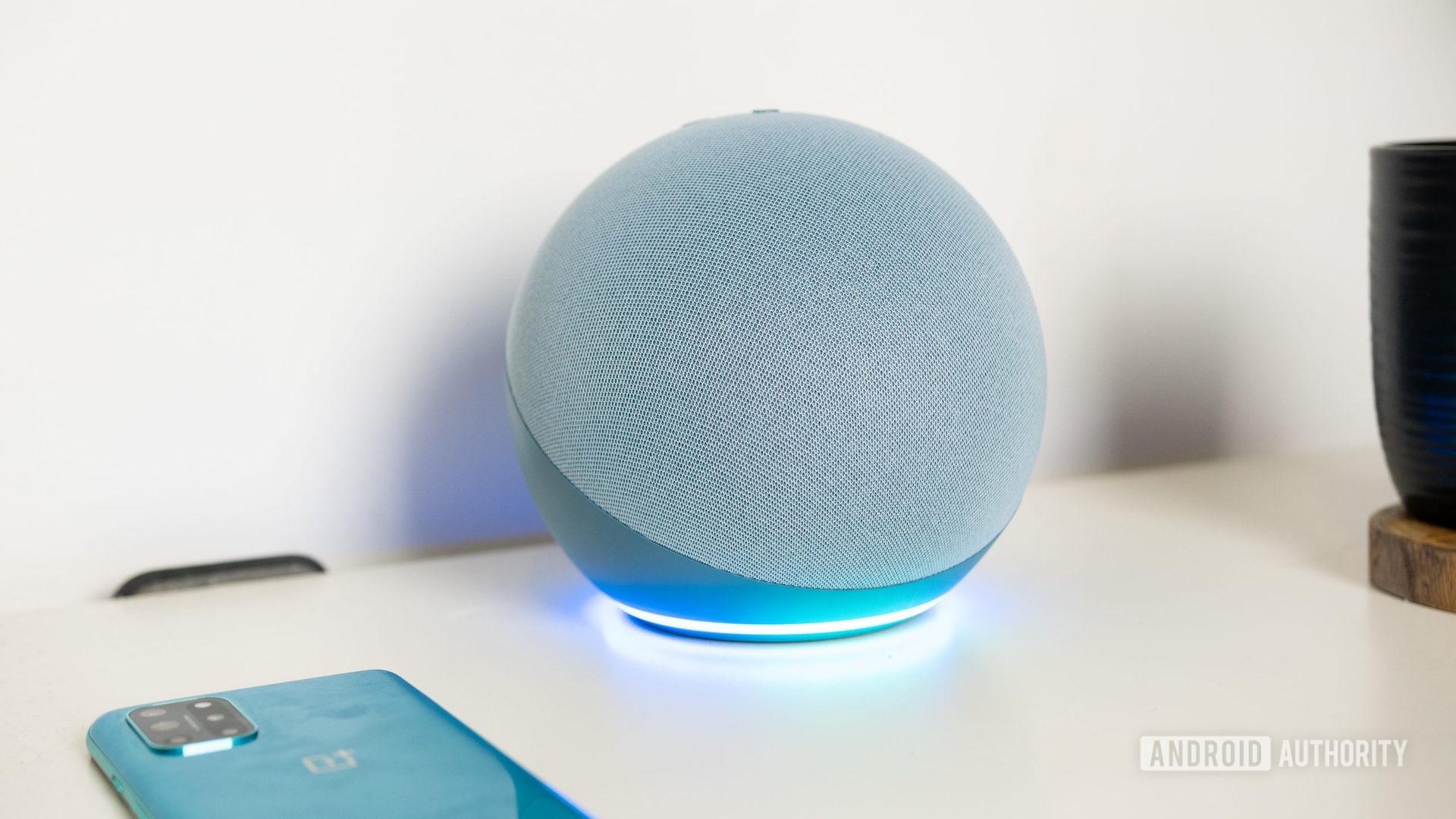
The first batch of Matter accessories are already on shelves, and some existing devices have received controller updates, such as Amazon’s Echo speakers and Google’s Nest Hubs. Accessory makers like Eve and Nanoleaf are going all-in on the standard.
That said, many accessories are still missing support, given the need for development and testing. The pace should pick up throughout 2024.
Only some Matter devices are bound to include Thread, as we indicated earlier. The two should increasingly go hand-in-hand though, and some products are getting Thread enabled post-launch, such as the Echo 4th gen.
What are some Matter alternatives?
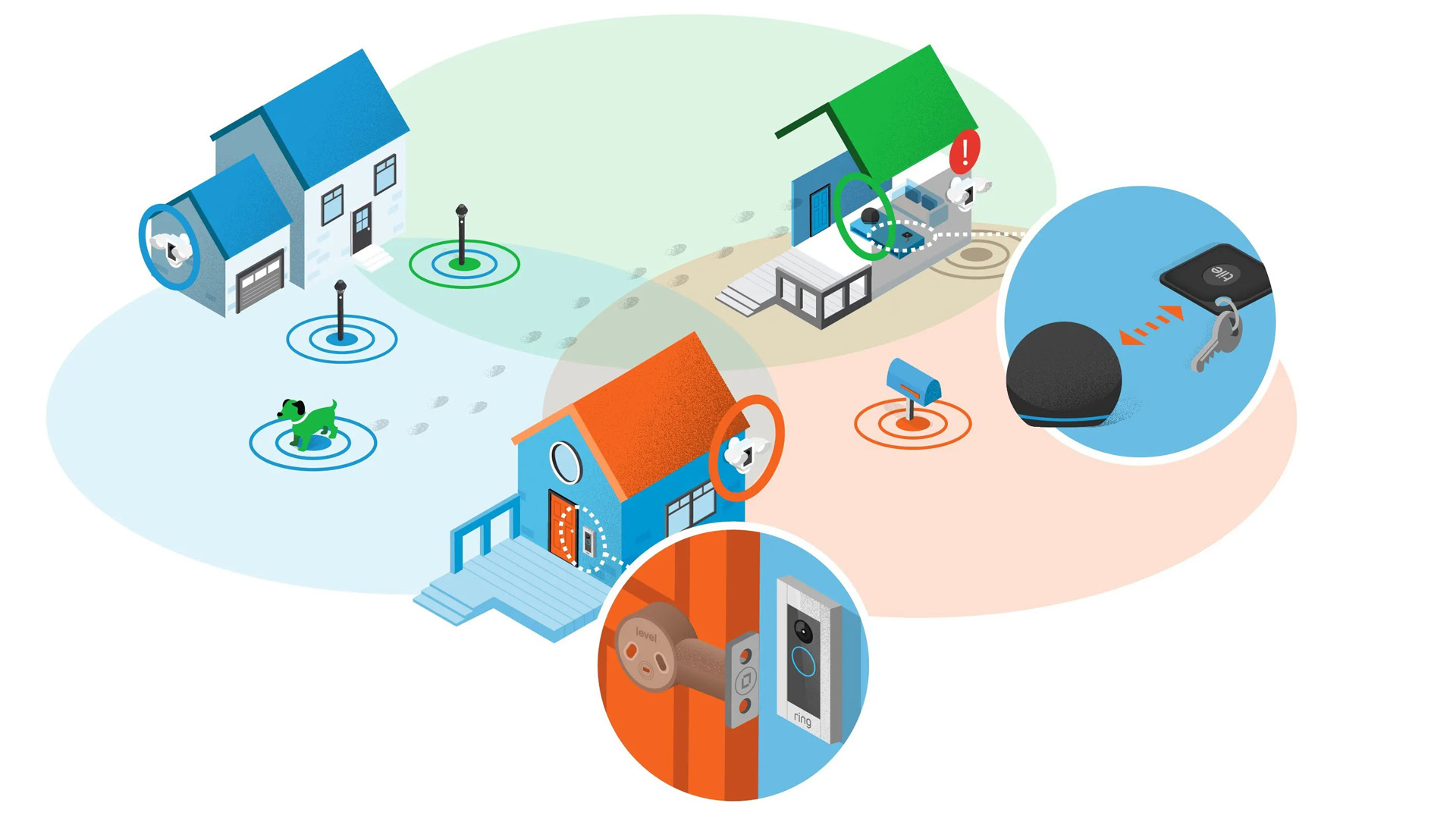
There’s nothing fully equivalent to Matter, but Zigbee and Z-Wave are both low-power like Thread and (relatively) platform-agnostic. That is, if you pair supported accessories to a Zigbee or Z-Wave hub, it’s only that hub that needs to be compatible with something like Alexa or HomeKit.
Amazon has a US-only technology called Sidewalk, used to extend the range and reliability of compatible devices like Echo speakers, Ring cameras, and Tile trackers. Only select Amazon products can serve as Sidewalk bridges, however, and a small portion of your bandwidth may be shared with neighbors if they have Sidewalk too. While Amazon swears that the protocol is secure, the notion of involuntary bandwidth sharing has prompted some people to disable it via the Alexa app, and it wouldn’t be surprising if Amazon abandons the protocol once Matter and Thread become omnipresent.
Should I buy Matter devices?
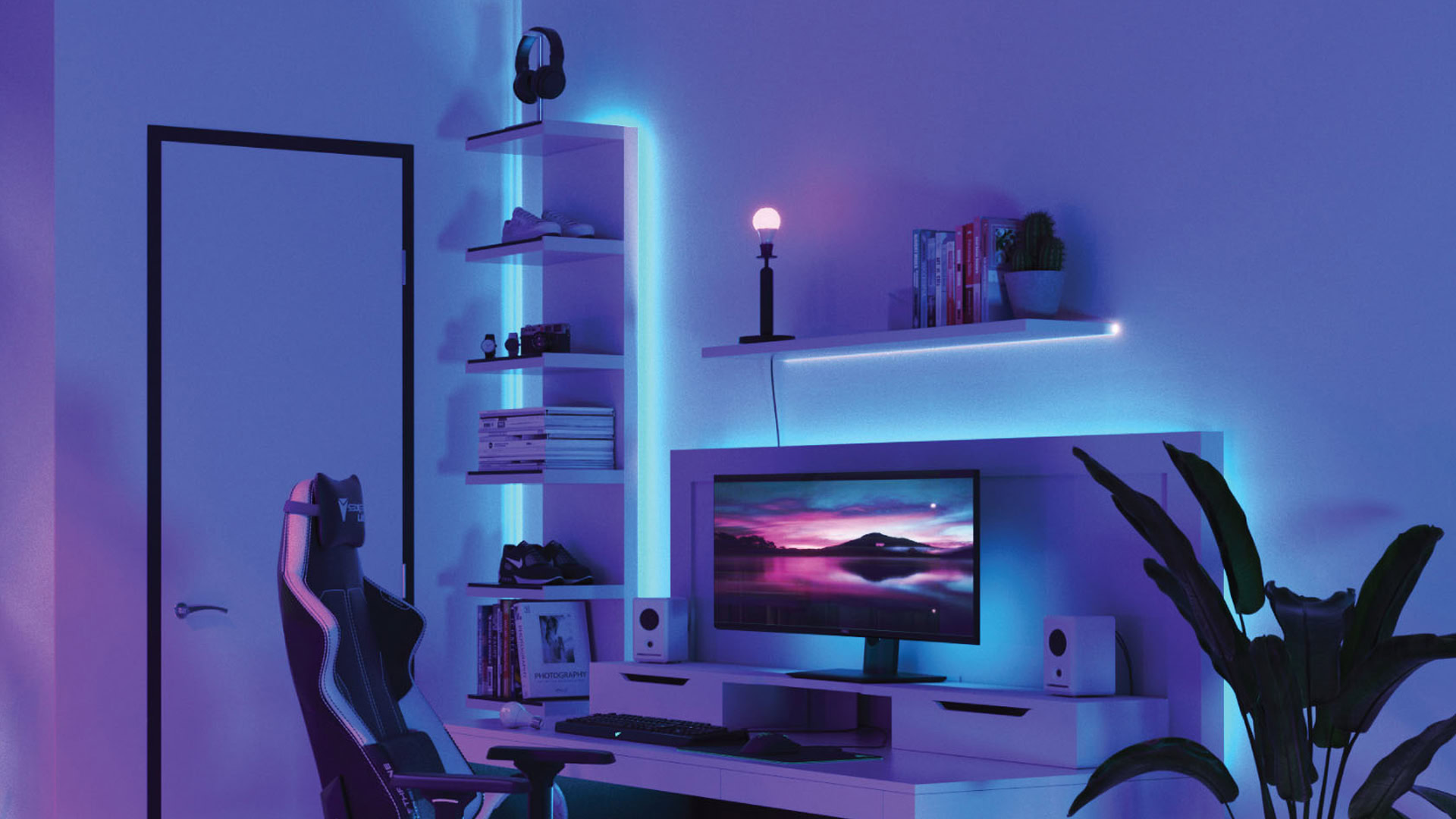
It’s worth waiting for Matter-ready options for most of the product types you might be interested in, particularly if you’re new to smart home tech. It’s the future of the industry, and this is a chance to maximize your home’s compatibility and longevity. Not every category supports Matter yet, and you don’t have to enable the technology if it’s present, but you should probably be looking for the label.
If you have existing accessories plagued by shaky or oversaturated Wi-Fi connections, adopting Matter over Thread could (in theory) make a huge difference. The catch is that you’ll probably have to upgrade multiple products at once to see the benefits, including anything you’re using as a hub if it can’t get Matter and/or Thread as a software update.
If you’re not concerned about Wi-Fi coverage, multi-platform support, or occasionally operating without internet access, Matter is really just a nice perk. A device that supports Alexa, HomeKit, or Google Home will continue to support those platforms even after a Matter update, so if you’re already committed to one of them, you can pull the trigger on any affiliated accessory. It’s just better futureproofing to choose products with Matter.